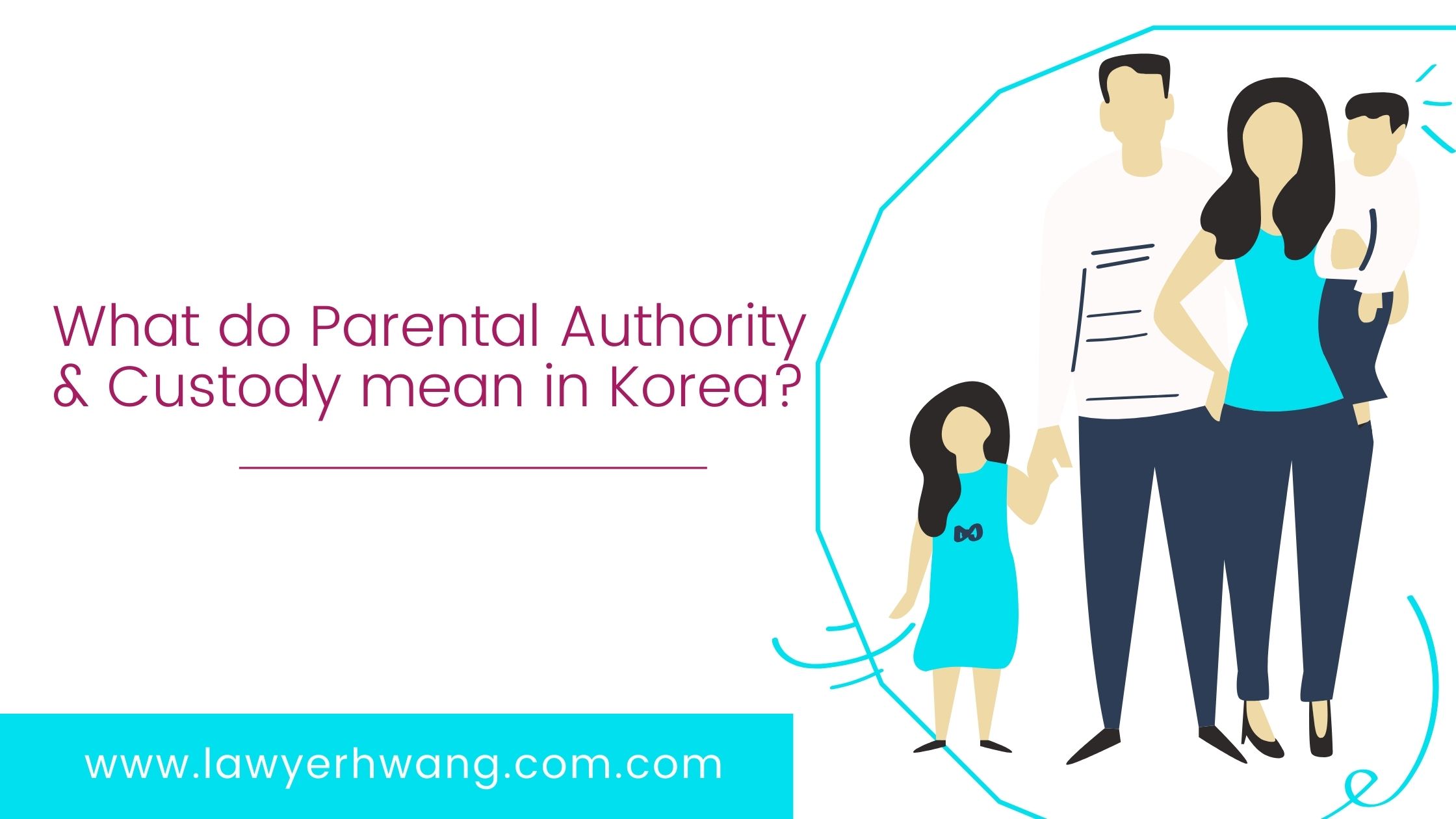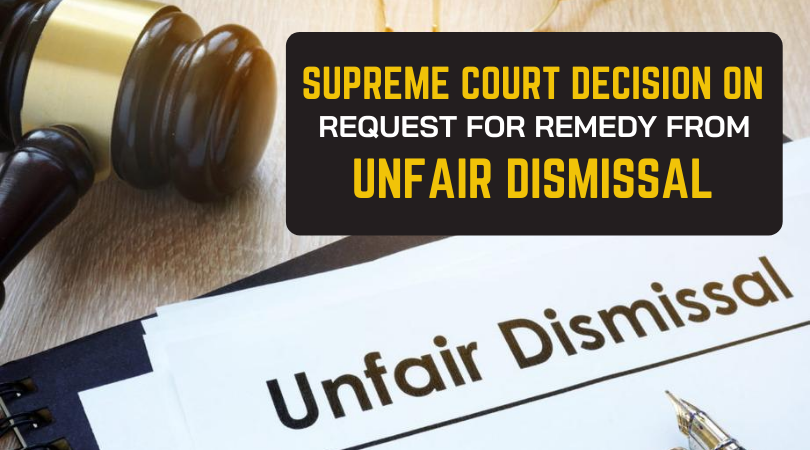
The Legal Procedure of Divorce
January 21, 2022
Unchastity and Divorce in Korea
February 21, 2022International Jurisdiction and Governing Law of International Divorce in Korea
1. International Jurisdiction
For international jurisdiction of divorce in the Republic of Korea, the following Article of Act On Private International Law is applied.
Article 2 (International Jurisdiction)
(1) In case a party or a case in dispute is substantively related to the Republic of Korea, a court shall have the international jurisdiction. In this case, the court shall obey reasonable principles, compatible to the ideology of the allocation of international jurisdiction, in judging the existence of the substantive relations.
(2) A court shall judge whether or not it has the international jurisdiction in the light of jurisdictional provisions of domestic laws and shall take a full consideration of the unique nature of international jurisdiction in the light of the purport of the provision of paragraph (1).
The key phrase of the paragraph 1 of the Article is “substantively related to the Republic of Korea”. When the divorce case is “substantively related to the Republic of Korea”, Korean Family Court shall have international jurisdiction. Then, what factors are considered for when it is judged whether the case has substantive relations to the Republic of Korea? For divorce cases, following factors are considered;
(i) Nationalities and habitual residences of the parties
(ii) Where the disputes have arisen and where is related to the main issues of divorce
e.g) Where the marriage has broken up, where the child lives, where the marriage asset is
(iii) Governing law of the case
(iv) Where the evidence or materials for the case can be collected
(v) Convenience for the parties to file the case and proceed
(vi) Effectiveness of the court decision
2. Governing Law
For governing law of international divorce in Korea, the following Articles of Act On Private International Law are applied.
Article 39 (Divorce)
With respect to divorce, the provision of Article 37 shall apply mutatis mutandis: in case one of both spouses is a national of the Republic of Korea, who has his/her habitual residence in the Republic of Korea, the divorce shall be governed by the law of the Republic of Korea.
Article 37 (General Validity of Marriage)
The general validity of marriage shall be governed in order by one of the laws determined in the following subparagraphs:
- The same law of nationality of both spouses;
- The same law of the habitual residence of both spouses;
- The law of the place where is most closely connected with both spouses.
3. Actual cases
(i) If one of the parties is a Korean national and their marriage has continued in the Republic of Korea, Korean Family Court will have jurisdiction and Korean laws will be applied.
(ii) If neither party has a Korean nationality but their divorce case is substantively related to the Republic of Korea, Korean Family Court will have jurisdiction, but the governing law will not be Korean law. I have filed divorce cases to Korean Family Court and the governing laws were non-Korean laws as neither my client nor her husband was a Korean national and they had the same nationalities but the place where had continued marriage and their child lived was the Republic of Korea.
If both parties have same nationalities, then the law of their states of countries will be applied to the case as mentioned above, but if their nationalities are different, the governing law should be decided by considering all related facts.
Blog Articles
Contact Information
201, 160, Seochojungang-ro, Seocho-gu, Seoul, Republic of korea.
Phone: +82-2-535-1235
Mobile: 010 5349 1235
Fax: +82-2-536-1236
Email: [email protected]










































![[Supreme Court Decision – Criminal Law] – On Intent of Defamation](https://lawyerhwang.com/wp-content/uploads/2020/03/Supreme-Court-Decision-–-Criminal-Law-–-On-Intent-of-Defamation.png)
![[Supreme Court Decision – Criminal Law] – On Uploading a “Torrent File” of Obscene Videos](https://lawyerhwang.com/wp-content/uploads/2020/03/Supreme-Court-Decision-–-Criminal-Law-On-Uploading-a-“Torrent-File”-of-Obscene-Videos.png)






























